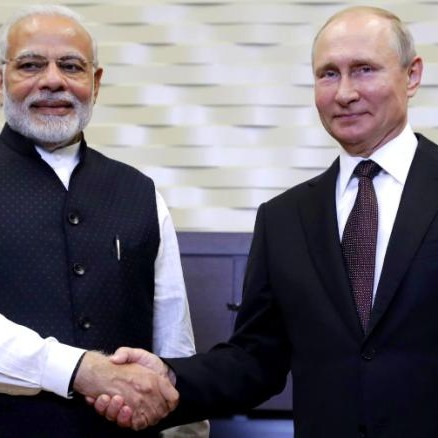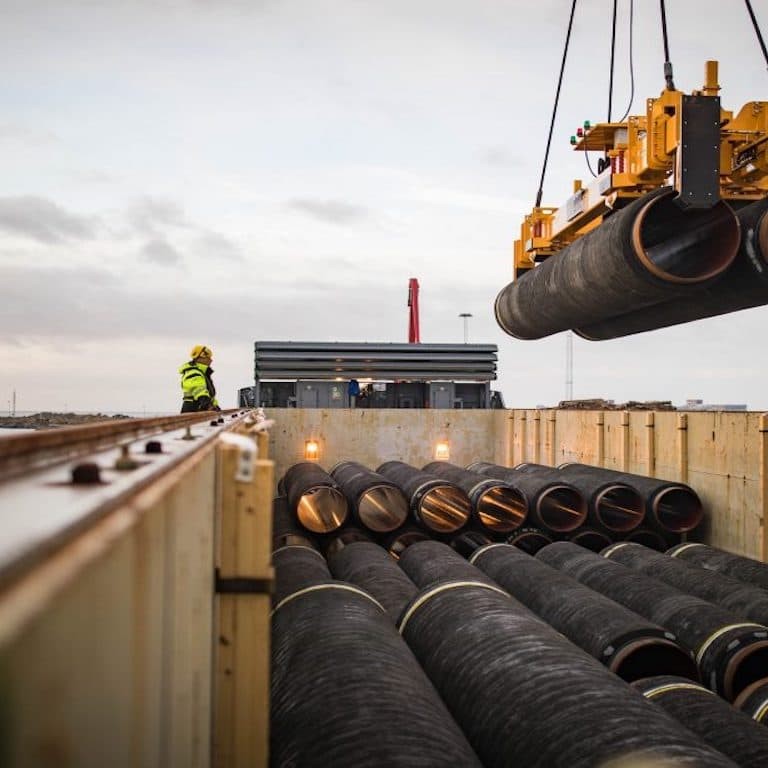Taipei, 24-27 July 2018
From 24 to 27 July, the Ministry of National Defense of Taiwan (MND), organized the second International Conference on Military Education and Regional Security, held at the National Defense University. The event, which is now annual, consists of a series of conferences and visits to military installations on the island. The three main themes of the conference were: International Cooperation in the field of Military Education, the passage from Obligatory Conscription to Professionalism and Regional Security. About forty experts and military and civilian analysts from twenty-three countries around the world participated. This year the event took on a special significance from the geopolitical point of view since the conference was opened by the Commander of thr NATO Defense College in Rome, who was visiting Taipei for the second time in six months.
It all happens after the recent NATO Brussels Summit, where President Trump affirmed the intention of the Aministration to see Allies bolster defense spending to defend Alliance territory and to uphold liberal democratic values and the rules based international order under siege by revisionist autocratic powers. As the 2018 NATO Summit Declaration stated, «We are determined to protect and defend our indivisible security, our freedom, and our common values, including individual liberty, human rights, democracy, and the rule of law».
As not everyone knows, the island of Taiwan with twenty-three million inhabitants has evolved into one of the most vibrant democracies in Asia, with a lively free and independent press. Not surprisingly, no one has forgotten in this part of the world that, after winning the elections and before his inauguration, Trump held a phone conversation with the President of Taiwan, Tsai Ing-wen.
This has been followed by the Trump administration approving 1.4 billion dollars in arm sales to Taiwan. A recent American Presidential directive now encourages official visits between the two countries. It should also not be forgotten that John Bolton, from April 2018 US Defense Secretary, is one of the most pro-Taiwan figures in Washington. In this context, can be seen the request recently submitted by the State Department for the Marines to return to Taiwan for the first time since 1979 to protect the new US de facto embassy there. The recently inaugurated diplomatic mission is in one of the largest venues of this type in Taipei composed of about 500 people.
In a nutshell, it can be said that today there appears a new will within the United States Government and Congress to pay more attention to the defense of Taiwan. For several decades, Washington has followed a policy that has avoided irritating China when it comes to speaking Taiwan, but during this time the Taiwanese government is under strong pressure from Beijing. The Chinese government of Xi has reduced tourist travel and some trade through the Taiwan Strait and conducted fake news campaigns against the Taiwanese government through social media. Taiwan responded by trying to diversify trade to Southeast Asia and slightly increasing defense spending.
These two actions are followed by the fact that in reality, compared to the past, Taiwan has much less instruments to counter Beijing militarily and economically. In recent years, trade relations with People’s China had been boosted Everyone remembers that thirty years ago Taiwan was part of the Asian Economic Tigers and its economy almost equaled the size of mainland China which now, however, has seized the momentum regionally.
Today, despite the trade diversication policy underway, forty percent of Taiwan’s exports go to China or Hong Kong and over one million Taiwanese work in China. With wages on the island remaining largely unchanged despite minimal unemployment, a constant brain drain to the mainland has also been occuring. This escape is cunningly encouraged by Beijing with important salary incentives. Beijing‘s efforts in the diplomatic force field is to decrease the number of countries that recognize Taiwan as the Republic of China. The last ones to interrupt diplomatic relations with Taiwan were Burkina Faso and the Dominican Republic, which in May decided to abandon Taipei in exchange for important Chinese economic aid. The Beijing government has also activated itself against foreign companies, such as apparel companies, airlines and hotel chains, which do not refer to Taiwan as the territory of the People’s Republic of China. Many airlines have started to include on their websites all destinations within the island of Taiwan as parts of the People’s Republic of China.
The change was requested by Beijing and had to come into effect by July 25th. What sanctions the Chinese government will apply for non-compliance after the ultimatum is not yet clear, however, most airlines have preferred to “get it right” in advance. For example, Air India for one has changed the destination of Taiwan to Chinese Taipei on its website. The Taiwanese government which is facing an increasingly difficult challenge, continues on the line of affirmation of the national dignity of Taiwan at the global level and a resolve not to bow to Chinese pressure but to maintain the status quo, all the while remaining aware that the strategic implications of a generalized crisis would be disastrous for the entire East Asian region. As a result, it is clear that the United States, the main supporter of Taipei, must maintain considerable operational capacity and consequently a considerable number of forces, in what the 2017 National Security Strategy calls now Indo-Pacific. As mentioned previously, at the same time, the US pledged to the Brussels NATO Summit to keep its defense capability for Europe credible in exchange for a substantial greater economic commitment to the defense of all the Alliance countries.
In the coming years, European NATO member countries will have to find ways to maintain credibility that allows the US to be strong where it needs to be strong (for example in the Indo-Pacific)and generate deterrence. At the very least, this means that the European countries of NATO will have to generate much more military capacity within the NATO structure to strengthen the Alliance for the challenges of the coming decades to be met alongside friends and like-minded partners. As the NATO Brussels Summit declared, «We reaffirm our commitment to expand political dialogue and practical cooperation with any nation that shares the Alliance’s values and interest in international peace and security…» . It is in this context therefore that one must find the meaning of the first small important NATO landing in Taipei at the 2018 Military Education and Regional Security conference.
Generale Giuseppe Morabito
Member of the Board of Directors of the NATO Defense College Foundation
Russia-India: un partenariato resiliente
3 Apr 2025
Le relazioni tra India e Russia affondano le radici in una lunga storia di cooperazione strategica, caratterizzata da…
Romania tra estrema destra e interferenze russe
21 Mar 2025
Quarantasei anni, Victoria Stoiciu è senatrice del Partito Social Democratico rumeno. Le abbiamo chiesto un commento…
Venezuela, che fine ha fatto il cooperante italiano Trentini?
12 Mar 2025
Ne parla il libro di Paesi Edizioni Intanto a Caracas, nuovo saggio sulla crisi del Venezuela di Maurizio Stefanini:…
L’Europa non ha mai smesso di importare gas dalla Russia
31 Gen 2025
Le importazioni di gas russo, sia attraverso linee di tubature che in forma liquefatta, verso il mercato europeo non…




